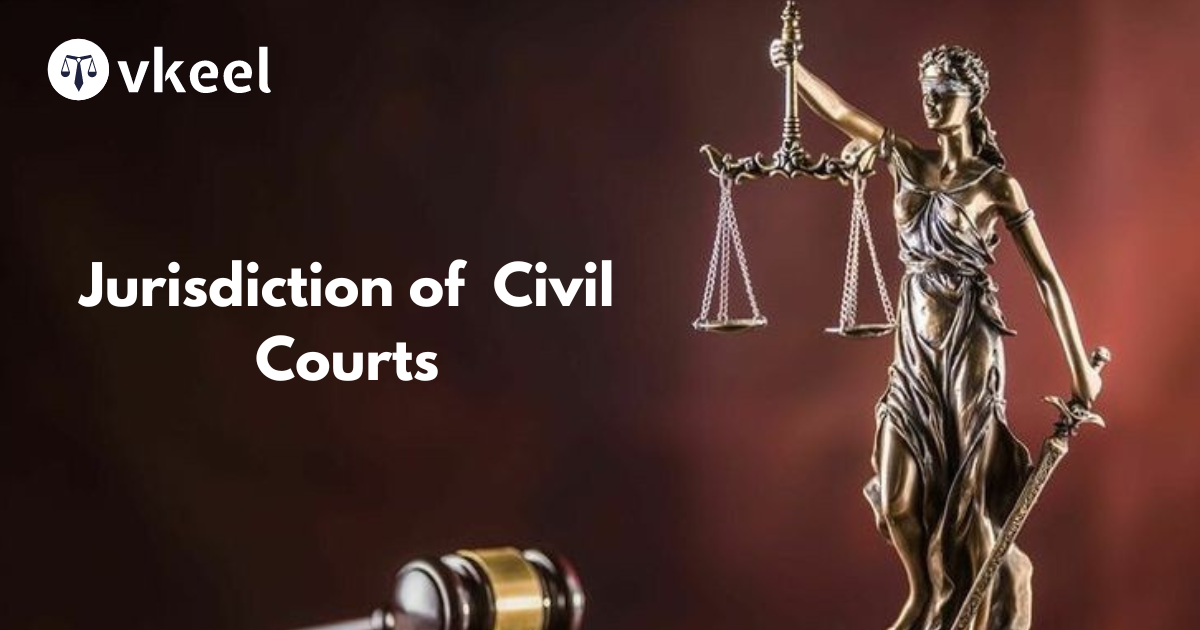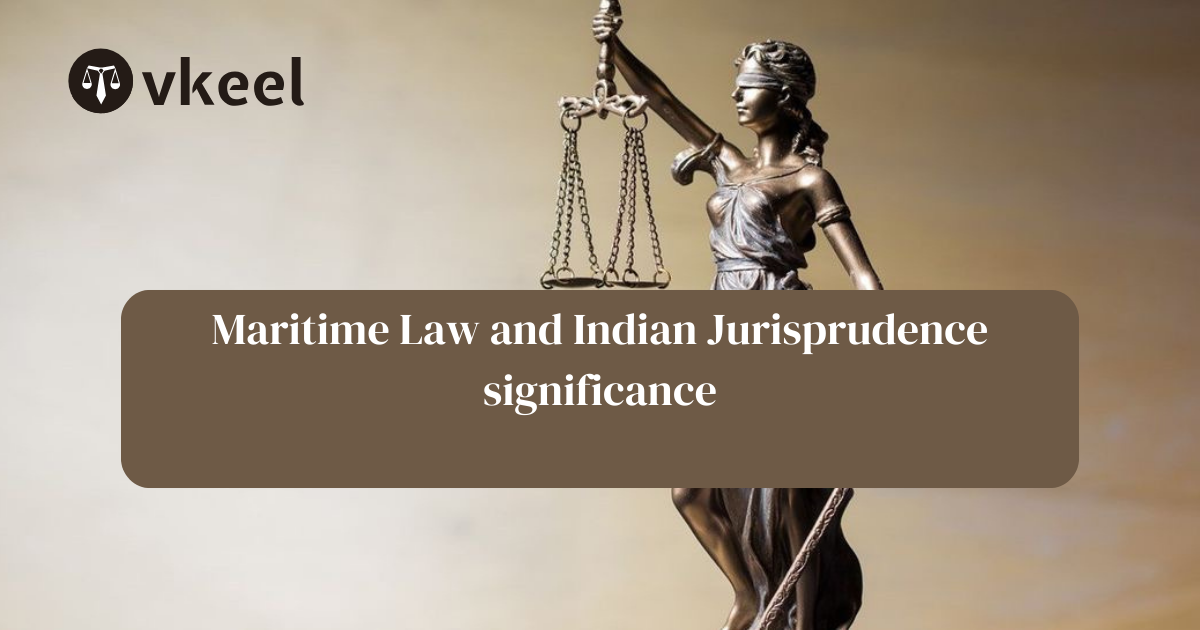Jurisdiction of Civil Courts
By Joy Puri
Introduction
Narrating the tales of ancient Greece, the city-states had their own legal systems and jurisdictional boundaries of the courts. The Greeks developed a rudimentary form of jurisdiction by decentralising the powers of different city-states and establishing early legal principles.
The Romans also developed the idea of the aforementioned concept, the appropriate place to bring legal cases, which laid the foundation for modern legal venues in the society.
Talking about the Middle Ages, the concept of jurisdiction became more complex with the rise of feudalism in Europe. Feudal lords held jurisdiction over their lands and subjects, creating a patchwork of overlapping jurisdictions in the legal system, thereof.
In the recent times of 19th and 20th centuries, the concept of jurisdiction expanded further with the growth of international law in the legal domain.
The establishment and the launch of organizations like the League of Nations and later the United Nations highlighted and outlined the need for jurisdictional principles that could apply beyond national borders.
International court of laws, such as the International Court of Justice, were created and established to resolve disputes between countries, emphasizing the importance of jurisdiction in the global legal order of the human civilization.
What is Jurisdiction?
Jurisdiction can be opined as the power or the authority of the court of law of law to hear and to determine the cause and to adjudicate or to exercise the judicial powers in relation to it.
It refers to the authority of the court of law to decipher the matters that are litigated before it or to take cognizance of matters presented in a formal way for its decision.
In other words it can be said to extent of the authority of a court of law to administer justice prescribed with reference to the subject matter, pecuniary value and local limits.
Whether a court of law has jurisdiction or not has to be decided with reference to the initial assumption of the jurisdiction by that court of law. The question depends on the truth or the falsehood of the facts into which the enquiry has to take place.
It is determinable at the commencement of the suit and not the conclusion of the enquiry. The court of laws of law are blessed with the inherent jurisdiction to decide and thereby decipher the said question.
Types of Jurisdictions
The classes of the jurisdictions are classified into different categories in regard to distinctive features of the jurisdictions.
Jurisdiction over subject matter, it refers to the jurisdictions that a certain classes of court of laws are, by the very statute entitled to entertain only certain types of cases. Takin an example for the same we can say that a small cause court of law is entitled to handle only such suits as a suit for money due on account of an oral loan or under a bond or a promissory note but it has no jurisdiction to try suits for specific performance of contracts, for dissolution of partnership etc
Territorial Jurisdiction, It implies that every court of law of law has been prescribed by the limits that are fixed by the Government of India beyond which it cannot exercise its jurisdiction. The High Court of law has the jurisdiction over the state and the Supreme court of law has jurisdiction over the country.
Pecuniary Jurisdiction refers to the type of Jurisdiction which arises by the very fact of amount of the money involved in the matter. Taking an example for the same, a small causes court of law cannot entertain a suit in which the amount of money involved exceeds 1000 rupees.
Original or Appellate Jurisdiction refers to the exercise of the original jurisdiction of a court of law in original suits while on the other hand in the exercise of its appellate jurisdiction it entertains the appeals.
Landmark Cases
Hakam Singh v. Gammon India Ltd., AIR 1971 SC Where the Court of law has jurisdiction to decipher a certain dispute, the same cannot be taken away or ousted by consent of parties. An agreement to oust absolutely the jurisdiction of the Court of law would be unlawful and void being against the public policy. But if two or more Court of laws have jurisdiction to try the suit, it is open to the parties to select a particular forum and exclude the other forums, Therefore the parties may agree among themselves that the suit should be brought in one of those Court of law and not in the other, since there is no inherent lack of jurisdiction in the Court of law. Such an agreement would be legal, valid and enforceable.
Kiran Singh v. Chaman Paswan, AIR 1954 SC The court in this case stated that a defect of jurisdiction strikes at the very authority of the Court of law to pass any decree, and such a defect cannot be cured even by consent of parties
Hakam Singh v. Gammon India Ltd AIR 1971 SC A decree passed by a Court of law without jurisdiction is a coram non judice If the Court of law has no jurisdiction, consent of the parties or their inaction, cannot confer that jurisdiction; nor by consent jurisdiction can be ousted. But if two or more Court of laws have jurisdiction to try the suit, it is open to the parties to select a particular forum. Such an agreement would be legal, valid and enforceable.
Conclusion
The jurisdiction of the civil courts help in demarcating the boundaries to the extent of the court’s authority.
It helps in maintaining the public peace and thereby promoting the public good over the individual will.
Disclaimer:
The information provided in the article is for general informational purposes only, and is not intended to constitute legal advice or to be relied upon as a substitute for legal advice. Furthermore, any information contained in the article is not guaranteed to be current, complete or accurate. If you require legal advice or representation, you should contact an attorney or law firm directly. We are not responsible for any damages resulting from any reliance on the content of this website.










